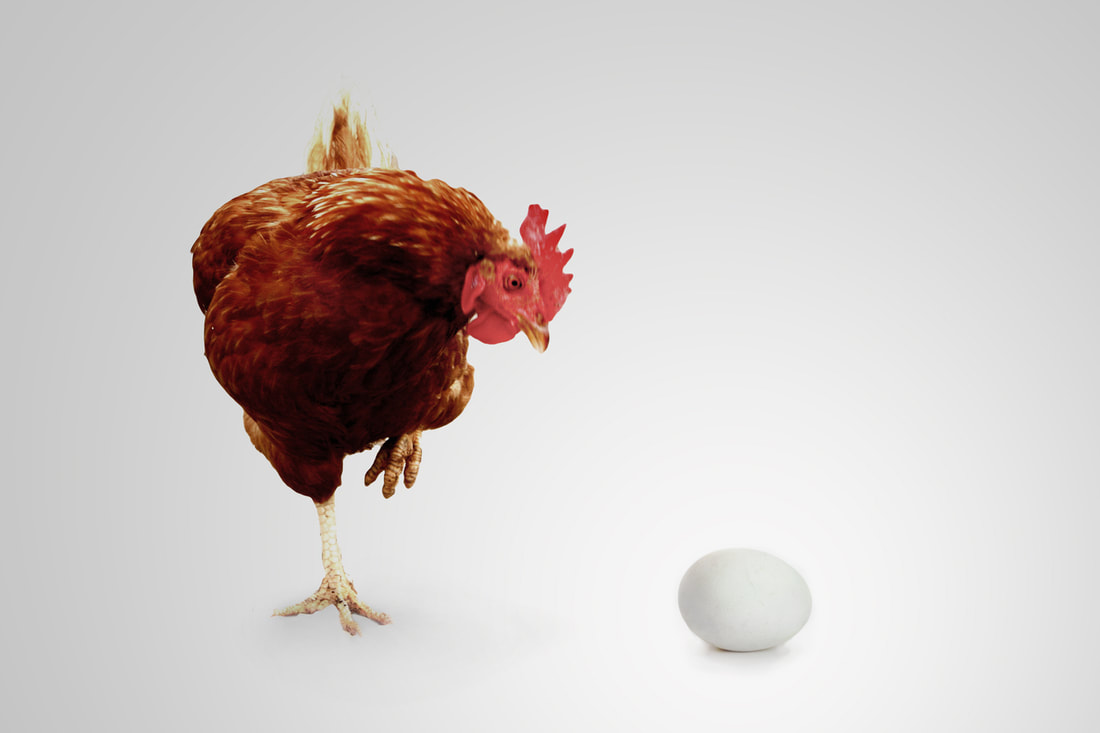|
Chicken eggs can sometimes seem like an enigma, but chickens go through a regular cycle and different diets and habitats can contribute to a healthier hen and eggs. Typically, we are exposed to eggs when they are broken for breakfast. Let's examine the parts of an egg and gain insight into the egg-laying process!
1. What is Egg Yolk? A hen's reproductive system is centric in the ovaries. Hens are born with two ovaries, but typically only one will remain able to produce eggs on regular basis. That egg yolk that you see in your typical egg is what is released internally from the hen's ovary and travels out of the ovary into what is called the "Oviduct". The oviduct is essentially a canal and if you have a rooster, your egg can be fertilized in this stage. 2. The White Spot on an Egg Yolk The viscous white spot on an egg yolk is actually what initiates the cells to multiply and create an embryo if your egg is fertilized. 3. Is a Rooster Necessary? No, a rooster is not necessary for a hen to produce eggs. The rooster merely aids with the fertilization of the eggs, to start the next generation of chicks! 4. What happens when the egg travels through the Oviduct? The yolk will travel through sections of the oviduct called magnum and isthmus. The magnum section is the longest section of the oviduct and is responsible for creating the clear egg white surrounding the yolk. It acts as a membrane to protect the yolk and provide an enclosed sac, to provide nutrition to a potential chick in formation. 5. How the Eggshell is formed The egg shell is produced in the uterus of a hen via a gland called the "Shell Gland" where the egg takes up salts and fluid into the protein "egg white" section of the egg called "Albumin". The ovum, or egg, stays in the shell gland from 18-26 hours depending on the hen's cycle. 6. The Vent The vent refers to the "cloaca", which is an opening present in avian species. The cloaca is where the egg is released into a nest box. After about 30 minutes, this process will repeat. Healthy Hen, Healthy Eggs! Keeping your hens healthy helps produce high-quality eggs. Here are some signs to look for when determining and enhancing the health of your hens:
And as always, remember to treat your chickens with PopWorms! to keep them healthy and happy!
1 Comment
|
PopWorms!®
|
|
Site Map
|
Products
Dry Products
PopWorms!® ECO Popworms!® ECO Bulk PopWorms!® PRO Live Products PopWorms!® LIVE PopWorms!® Leftovers |
Shipping
Site-wide
Free Shipping Over $25 |

 RSS Feed
RSS Feed


